Coronavirus: Easing of restrictions in Australia, a state and territory guide of what you can do
Australia is rolling back limits across states and territories. Here’s what you can and can’t do in your region.
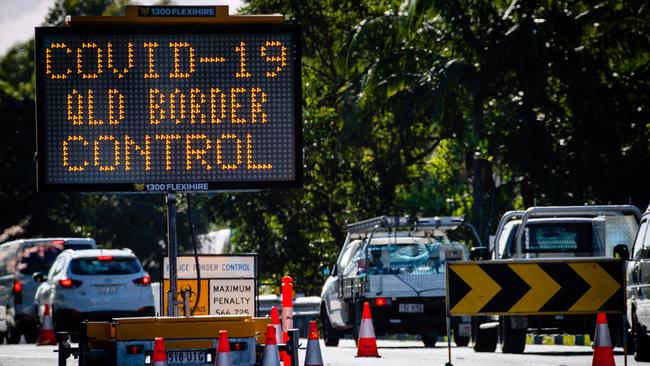
Australia is well and truly flattening the curve, recording just 12 new cases of coronavirus virus since Monday.
The trend has emboldened state and territory leaders to begin rolling back restrictions on business, schools and everyday activities. Here is what you will be able to do in your state or territory as restrictions are wound back this week.
NSW:
From Friday, May 1 people in NSW will be permitted to:
*Visit the homes of friends and family in groups of two adults (not necessarily related), plus children – including the homes of grandparents.
*Travel between cities to conduct these visits.
*Shop at any open retail store if social distancing is maintained.
NSW Premier Gladys Berejiklian said these changes were made on the basis of “care, on the basis of improving social isolation and improving everybody’s mental health”.
However, the premier encouraged anyone over the age of 70, or those vulnerable to coronavirus, to avoid unnecessary travel and to practice social distancing when receiving visitors.
Catholic and public schools in NSW are also set to return to face-to-face learning earlier than planned.
The state government had supported students returning to class one day a week from May 11, with the ultimate goal of returning full-time by term three. But the hope now is to get kids and teachers together by the end of term two.
Other lockdown laws preventing people from leaving home unless they have a reasonable excuse, such as to exercise or to shop for essentials, remain.
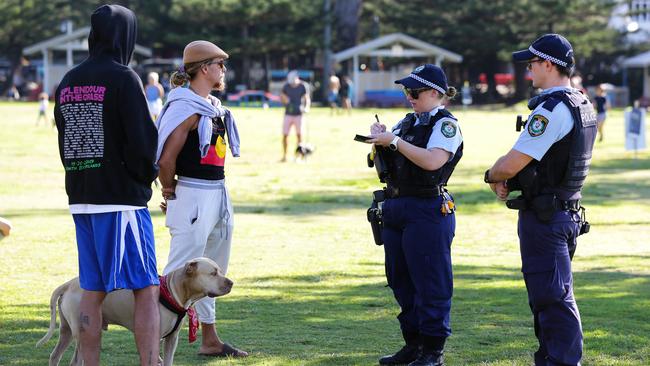
Queensland:
From Saturday, May 2 residents will be able to:
* Shop for non-essential items such as clothes.
* Go on weekend recreational drives.
* Go on family picnics, or picnics with one other person only.
* Visit some reopened national parks for recreational exercise, although swimming, camping and toilet facilities remain closed.
Queenslanders, however, are not allowed to travel further than 50km from home other than for essential reasons, and borders remain closed to non-essential travellers.
Public schools remain closed until at least week five of term two, with the state government to make a decision on how to proceed to full-time learning on May 15.
Premier Annastacia Palaszczuk announced the easing of restrictions with the warning: “This is a small step and one that we really need the public to 100 per cent co-operate with, because if we do see mass gatherings, I will not hesitate to clamp back down.”
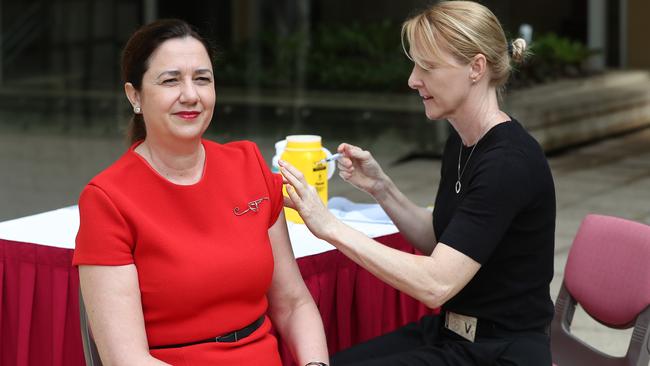
Western Australia:
As of Monday, April 27, of WA can:
* Have a maximum of ten people present at weddings and funerals, up from the previous limit of five.
*Go on picnics, go camping, fishing or boating in groups of two while observing appropriate social distancing.
* Attend open houses or model villages.
Outdoor playgrounds and gym equipment will remain closed and WA’s external and internal border restrictions, which splits the state into nine regions that residents cannot move between, remain in place.
Exceptions exist for reasons of work, medical appointments, transporting freight, educational reasons and compassionate ground.
“There is also a responsibility to keep doing the right thing,” premier Mark McGowan said on Sunday. “Let’s just watch what happens here, let’s see how it goes. We need to be patient, we need to be careful.
WA schools return to face-to-face teaching on Wednesday.
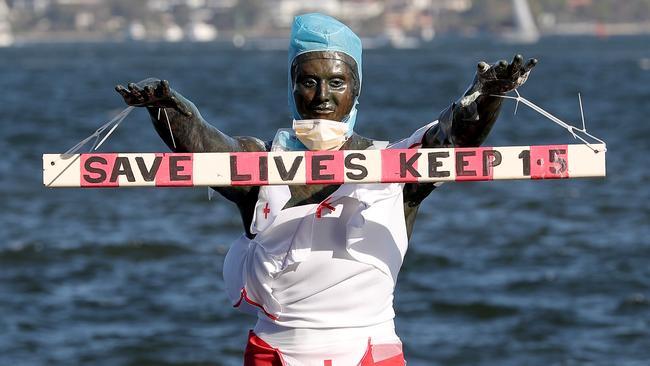
NT:
From Saturday, May 2, residents of the NT will be able to:
* Visit certain national parks, which are partly reopening. Kakadu and Uluru national parks will remain closed.
* Swim, fish, and camp, in line with social distancing measures.
*Specifics will be announced Thursday, as well as plans to start reopening businesses and restaurants leading to June.
The Northern Territory was the first jurisdiction to announce the easing of restrictions, with the territory by far the least infected area of Australia, hosting just 28 cases and no instances of community transmission.
Restrictions on non-essential travellers arriving in the territory or remote indigenous communities will remain.
“The borders will be the last to go, no question. I’m not even thinking about relaxing our border controls. This is a Territory-first plan,” Chief Minister Michael Gunner told the NT News on Sunday.
Gatherings remain capped at ten and schools are open, with attendance optional. The NT government will provide further information on the lockdown easing process on Thursday.
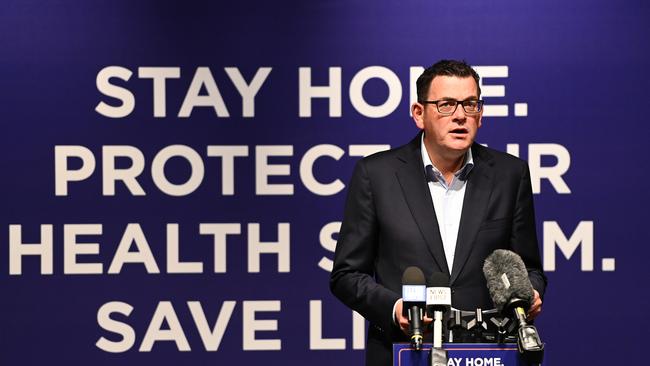
Victoria:
Victoria remains in lockdown, with residents only allowed to leave home for work, school, exercise, essential shopping or medical and compassionate reasons.
People can still only gather in pairs outside the household, with exceptions for people who live in the same household, and should not visit family members they do not live with – or anyone besides a romantic partner.
Schools in Victoria are open, but the state government is encouraging students to learn from home where possible, with Mr Andrews saying the advice may change in coming weeks.
“If we believe it’s safe to change the setting some time during term two, of course we'd do that and we’d give people ample notice,” he said.
Restrictions will be re-examined when the state of emergency ends on May 11.
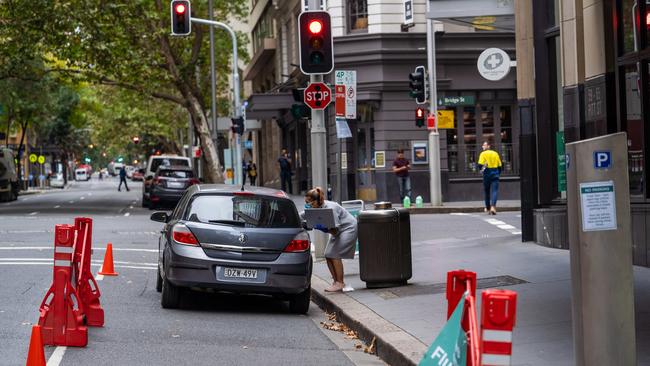
Tasmania:
Tasmania is maintaining lockdown as the government fights to confine a coronavirus outbreak in the north west of the state.
Residents can still only leave home for essential reasons, and gather with one other person – but households can host two visitors. Schools have reopened but students are being encouraged to learn from home.
Non-essential businesses in the north west will remain closed under special orders until May 3.
“We have an older and more vulnerable population in Tasmania," Premier Peter Gutwein said on Monday.
“I don't intend to make a knee-jerk reaction and take us to a position where the restrictions come off too quickly and then leaves us exposed.”
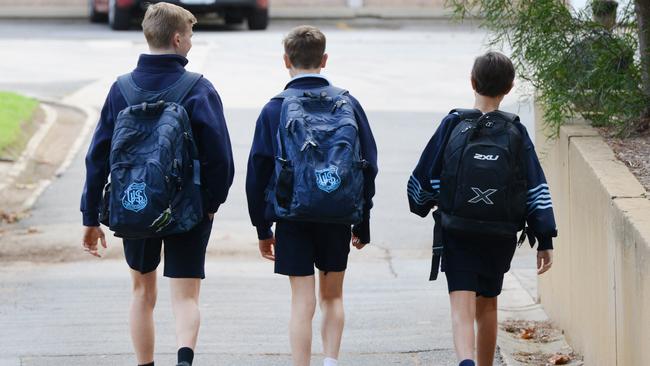
SA:
South Australia is yet to formally ease restrictions, with the state in the midst of a mass testing regime that will end on April 30.
However, the state never enforced measures as strict as its counterparts, with a two-person indoor gathering limit never imposed.
Residents must still comply with federal bans on gatherings larger than ten people in size, and indoor regulations that stipulate there must be four square metres of space for every person.
Schools have reopened, with students encouraged to attend.
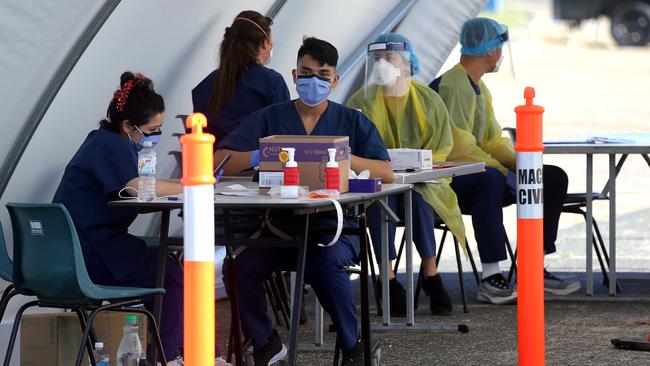
ACT:
The ACT is not planning to lift any restrictions, despite recording just two new cases in the last week.
The territory will still enforce a two-person limit on gathering in public places, and residents can only leave homes for essential reasons. Households can host two additional guests.
“This is not a race or a contest between jurisdictions,” ACT Chief Minister Andrew Barr said.
“We are in a great position here in the ACT, largely thanks to the great community effort in complying with the rules around physical distancing. However, we have seen around the world what can happen when restrictions are imposed too late or taken away too early.”
The territory’s schools are currently planning to deliver remote learning for the entirety of term two.

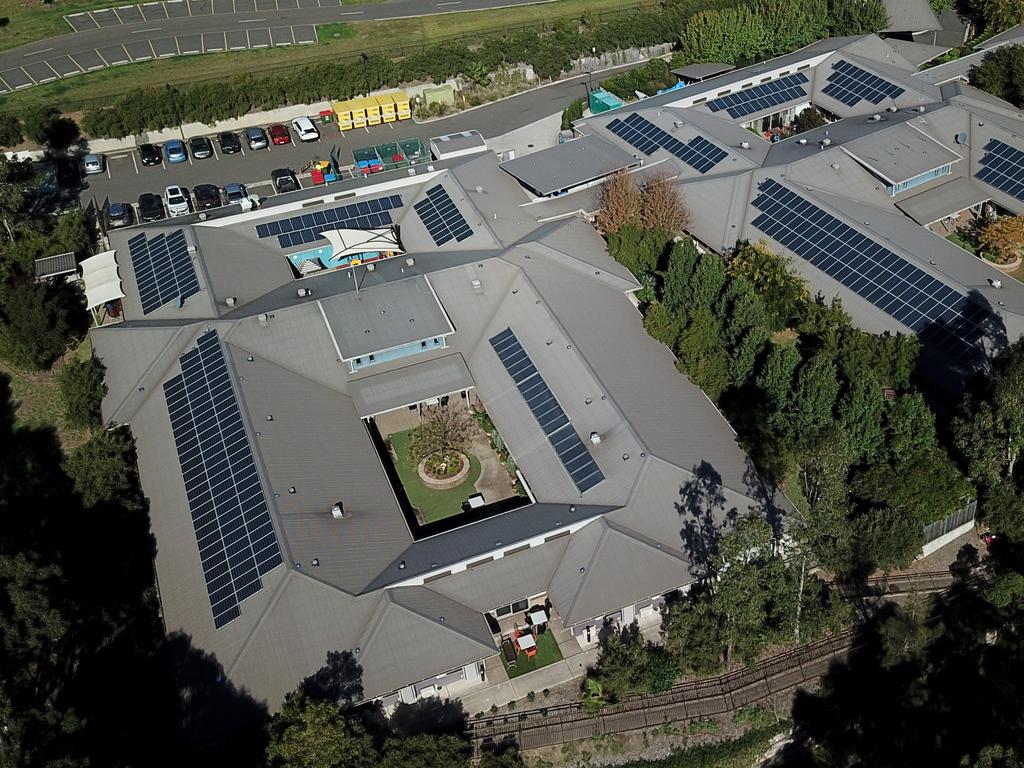

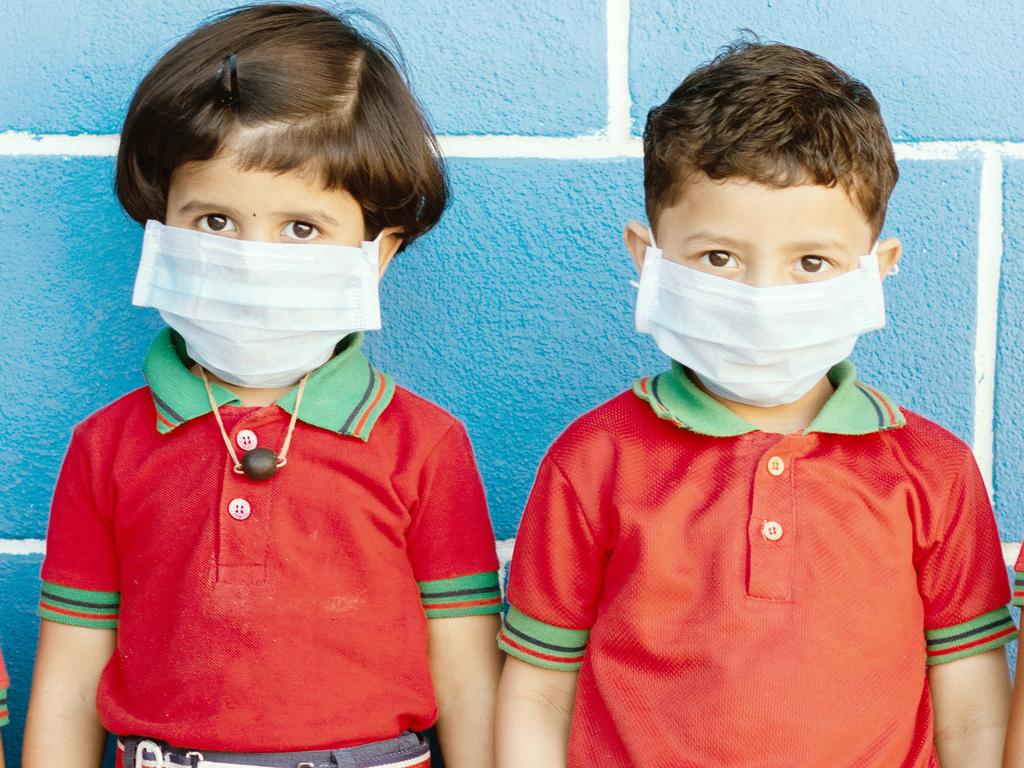

To join the conversation, please log in. Don't have an account? Register
Join the conversation, you are commenting as Logout